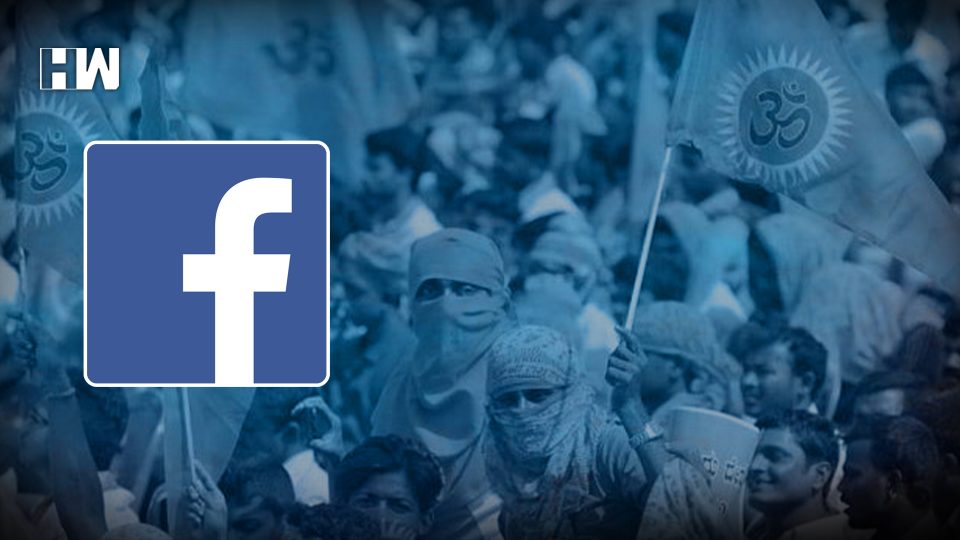According to a Wall Street Journal (WSJ) report on Sunday, Facebook allowed Bajrang Dal to thrive on the social network out of political and safety considerations.
According to a Wall Street Journal (WSJ) report on Sunday, despite flags raised by Facebook’s security team as a potentially dangerous organisation that supports violence against minorities across India, Facebook allowed Bajrang Dal to thrive on the social network out of political and safety considerations.
The WSJ, reaffirming its reportage earlier this year on the subject, wrote that Facebook has dithered on acting against the right-wing group with ties to the ruling BJP because “cracking down on Bajrang Dal might endanger both the company’s business prospects and its staff in India”.
The newspaper, in August, had reported on an alleged bias in Facebook’s policies that favoured the ruling BJP out of business interests and said former Facebook executive Ankhi Das lobbied in favour of a leader of the ruling party who made anti-Muslim comments.
However, Facebook banned the politician days after the report was published and denied the most egregious of charges but admitted that it had to do better to curb hate speech. Ms Ankhi Das also had to step down from the company soon after.
The WSJ report cites the social media giant’s actions surrounding a video by the Bajrang Dal which claimed responsibility for an attack on a church outside New Delhi in June that has garnered over 2.5 lakh views.
“Besides risking infuriating India’s ruling Hindu nationalist politicians, banning Bajrang Dal might precipitate physical attacks against Facebook personnel or facilities,” an internal report of Facebook stated, according to the report.
“A group of Facebook’s employees said in an internal letter and posts on Facebook discussion groups that the presence of Bajrang Dal on its platform, among other organisations, casts doubt on the company’s commitment to tackle hate speech in India,” the report said.
Facebook spokesperson Andy Stone, responding to the article, told the WSJ: “We enforce our Dangerous Individuals and Organizations policy globally without regard to political position or party affiliation.”
As an independent media platform, we do not take advertisements from governments and corporate houses. It is you, our readers, who have supported us on our journey to do honest and unbiased journalism. Please contribute, so that we can continue to do the same in future.

